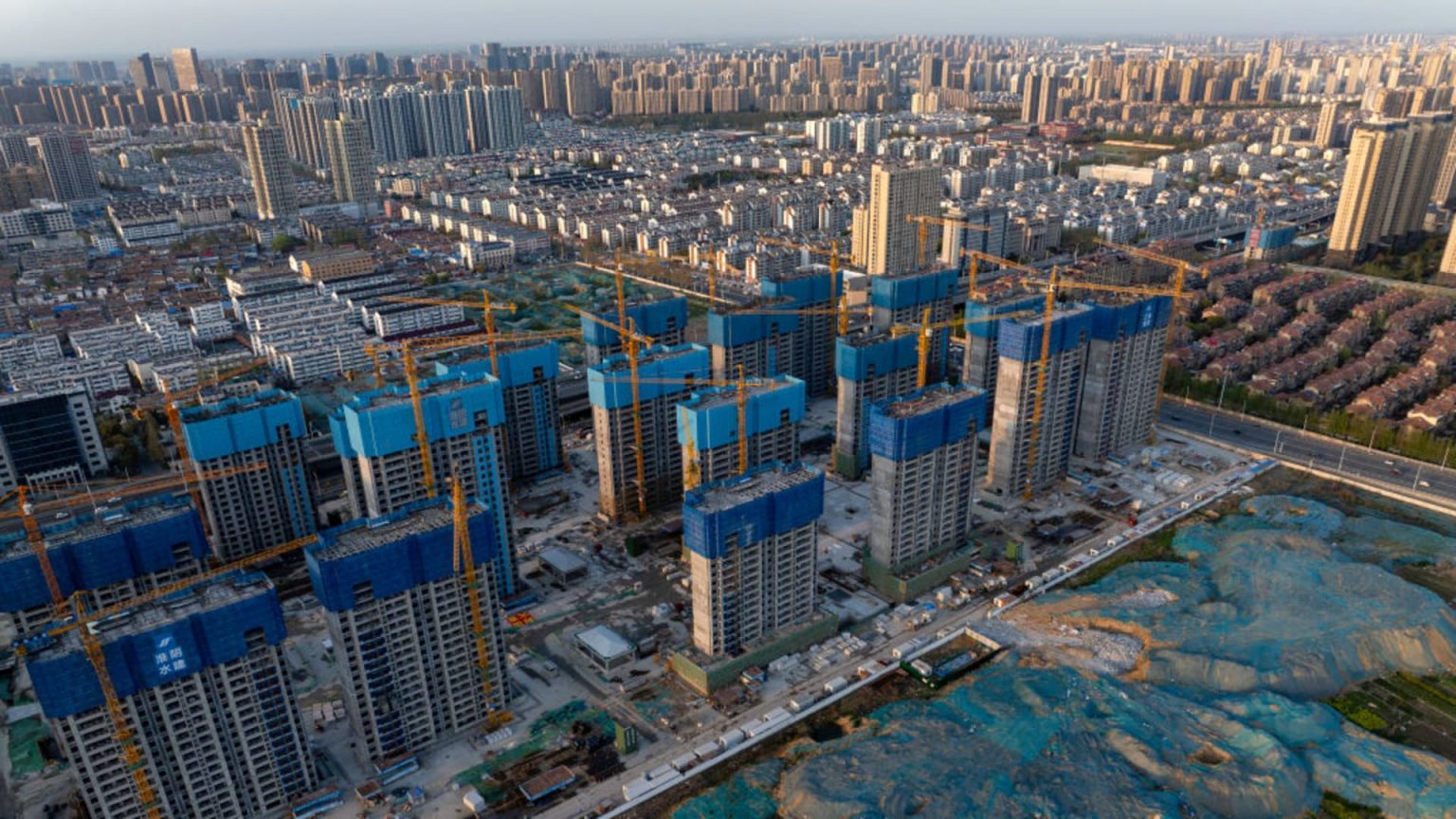China’s chief economist at Nomura Research Institute, Richard Koo, has warned that in order for economic activity to pick up, China needs to convince people that home prices are on the rise. However, data from Goldman Sachs shows that new loans have had a tepid start to the year, and home prices have dropped at a steeper pace in January than in February. This has raised concerns that China may be entering a “balance sheet recession,” similar to what Japan experienced during its economic slump.
In China’s policy-driven economy, house prices have not fallen as much as expected given declines in other aspects of the property market. Chinese officials have acknowledged that real estate remains in a period of “adjustment,” and the country is focusing on new growth drivers like manufacturing and new energy vehicles. Real estate and related sectors have historically accounted for at least one-fifth of China’s economy, but the property market began slumping after Beijing cracked down on developers’ reliance on debt in 2020, coinciding with the shock from the Covid-19 pandemic.
China’s population has also started to shrink, which is a significant difference from Japan’s situation during its economic challenges. The shrinking population makes it harder to justify a narrative that home prices have fallen enough to encourage borrowing and home-buying. China’s economy officially grew by 5.2% in 2023, with a target of around 5% growth set for 2024. However, many analysts believe this goal is ambitious without additional stimulus, as Chinese authorities have been cautious about large-scale support due to their view of past stimulus programs as mistakes.
About 15 years ago, China launched a 4 trillion yuan stimulus package in response to the global financial crisis, which initially faced skepticism and led to a 70% drop in Chinese stock prices. However, the stimulus program eventually led to rapid growth, with China achieving 12% growth one year later. Beijing continued the stimulus even after rapid growth was achieved, resulting in overheating of growth, speculation, and corruption. This has made the current government reluctant to implement another large stimulus package, as many view the previous efforts as failures.
Looking ahead, Koo suggested that China should stimulate its economy to avoid a balance sheet recession, but should cut support once growth reaches 12%. This cautious approach is based on the lessons learned from past experiences with stimulus packages in China. By carefully managing stimulus measures and ensuring that borrowing picks up before cutting support, China may be able to navigate the challenges of a slowing property market, shrinking population, and the need for new growth drivers in its economy.


